At the opening of our new Mediavaert building in Amsterdam, King Willem-Alexander asked how brands within a large group like DPG Media stay true to their identity. The answer: this owner isn’t like the paternalistic Washington Post. We let the brands’ editorial teams determine their own content and strategy, as we know that brands represent the intellectual property of their editors and readers.
Trust
Editorial independence is essential for ensuring trust in our news media. While trust is dwindling in surrounding countries, the Netherlands is an outlier, posting high and stable levels of trust.
General trust score: percentage of respondents who “trust most news most of the time”.
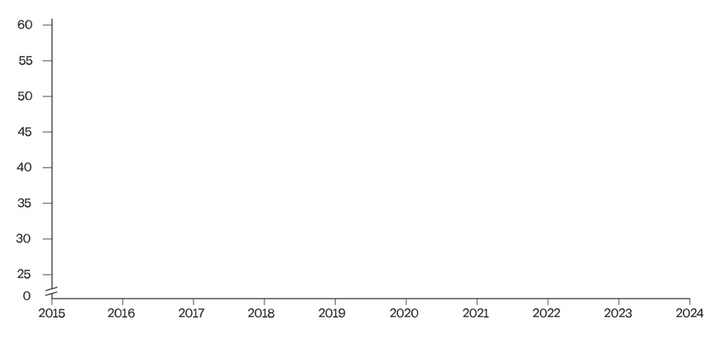
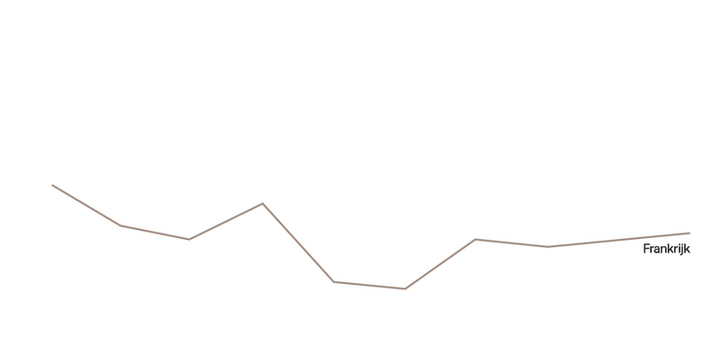
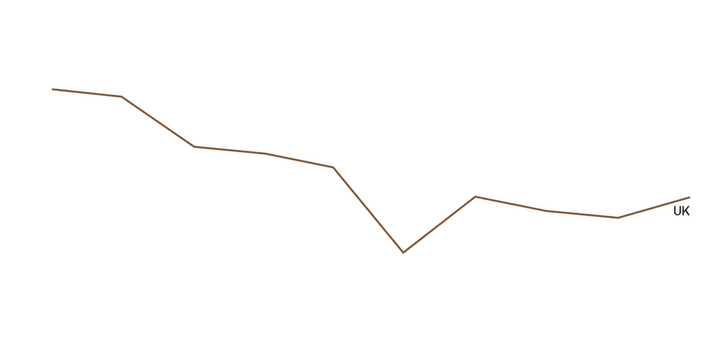
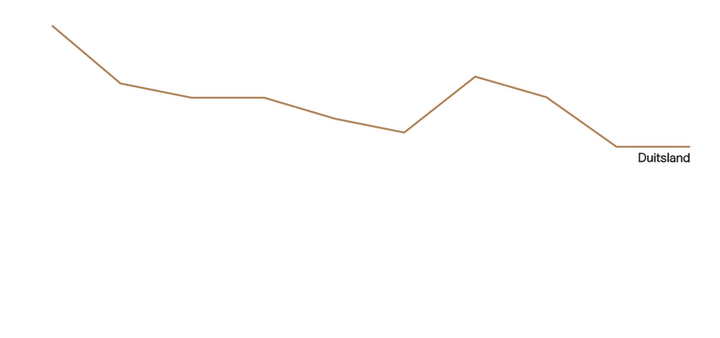
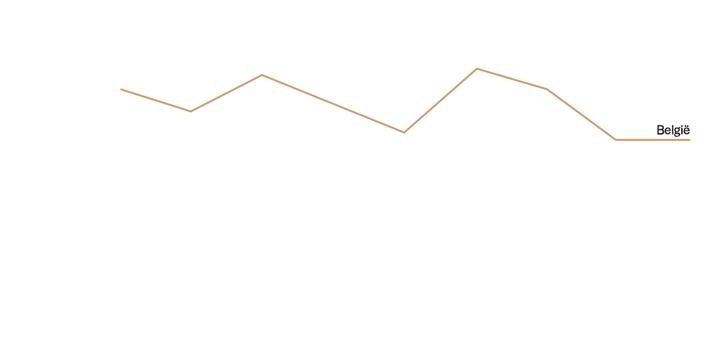
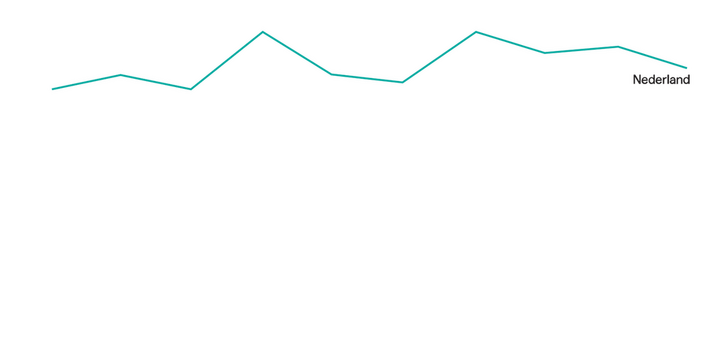
Source: Digital News Report 2024, Reuters Institute
Global score, World Press Freedom Index
The Netherlands is one of the top-scoring countries in terms of the press freedom and journalistic autonomy experienced by journalists.
High
Medium
low
Source: World Press Freedom Index 2024
NLGlobal score 87.73
DKGlobal score 89.60
NOGlobal score 91.89
SEGlobal score 86.55
FIGlobal score 88.32
EEGlobal score 86.44
IRGlobal score 85.59
PTGlobal score 85.90
Autonomy in selecting stories
Source: World Press Freedom Index 2024
Editorial independence: risk of owner and management influence by country
According to a recent survey by media scientists, the Netherlands is the only country in which editorial independence is perceived to be at low risk of interference by owners and management.
The researchers believe this is due to the existence of editorial statutes.
‘Editors-in-chief and journalists are protected from arbitrary interference by owners and management through a range of mechanisms, but most centrally through the editorial statutes that individual media outlets have.’
low
medium
high
Source: Media Pluralism Monitor 2024
Next
The protective status
of editorial statutes
Annual Editorial Report